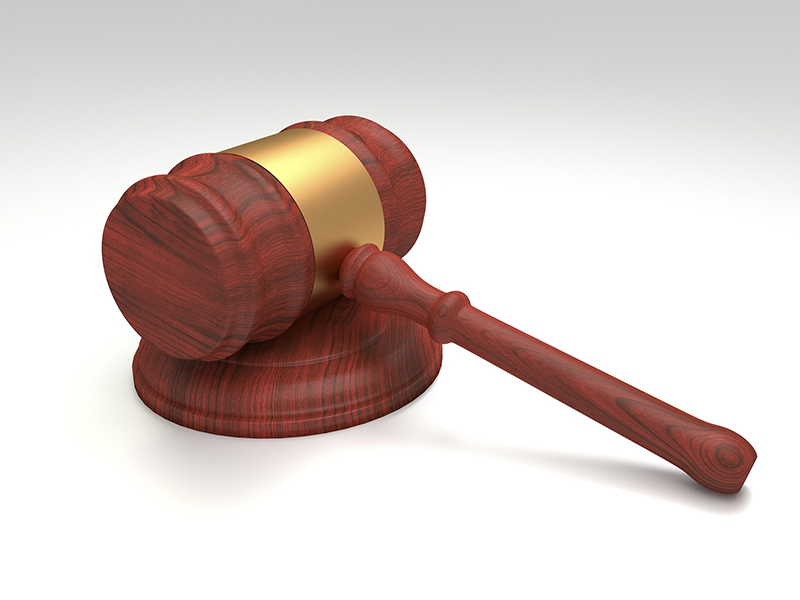The crime scene fingerprints were not a match and by all accounts he was asleep elsewhere during the attack.
But on Mar. 21, 2019, Archie Williams was released from state prison after serving 36 years for a crime he did not commit. He was 22 when he was arrested for the rape and stabbing of a woman in Baton Rouge, La. — he is 58 today.
His conviction, overturned by a simple fingerprints search, resembled countless others where an overbearing, ambivalent justice system demanded a perp and thus, resistance was utterly futile.
Years later, was a good lawyer all he needed to regain his freedom? Maybe, but even though he was unyielding in his pursuit of justice, what if no lawyers were willing to answer his call?
We are encountering a shift among our peers — a new generation of lawyers eschewing the duty to defend those accused of serious crimes and the duty to represent underdogs in lawsuits for fear of harming their social or political standing. A recent gathering of the Toronto Lawyers Association even questioned, “Do lawyers have an ethical obligation to defend the unpopular”?
The answer may appear obvious to law school graduates. In fact, before admittance to the Ontario bar, we swear an oath to “protect and defend the rights and interests of such persons as may employ [us]” and to “not refuse causes of complaint reasonably founded.” But practically-speaking, lawyers are not bound to represent just any person that walks through the door. For instance, a lawyer may decline a particular case because their workload is over-capacity, or they do not have the necessary expertise to handle the case.
Lawyers do, however, have a clear moral duty to defend the despised.
Canada’s Charter enshrined the right “to retain and instruct counsel” along with other fundamental safeguards against injustice, including the presumption of innocence, the right to make full answer and defence, and the right to a fair, timely trial.
Our system guarantees each person an advocate. A proponent serving as “a champion against a hostile world — a single voice upon which to rely with confidence that his or her interests will be protected to the fullest extent”, as recently characterized by criminal lawyer, Brian Greenspan.
In this role, lawyers serve as bulwarks against the inevitable onslaught of crippling public and state indignation.
READ: HISTORY HAS ITS EYES ON US: FIVE WAYS JEWS CAN COUNTER TODAY’S INJUSTICE
Jewish lawyers are especially familiar with this role. Jews have a long history confronting arbitrary and unjust charges, and often “the Jews” are collectively placed on trial for the alleged sins of the accused.
From Alfred Dreyfus and Leo Frank to Natan Sharansky (to name but a few), the evil forces of prejudice, scapegoating and state-sponsored persecution have plagued Jews for millennia, and Jewish lawyers have been eager to answer the call. In fact, Dershowitz traces this proclivity for advocacy back to Abraham’s pleas with God over Sodom’s imminent destruction — “Will you really sweep away the righteous with the wicked?”!
Through this intergenerational trauma, Jews have gained a unique regard for justice and a deep appreciation for the lawyer’s role in defending the scorned.
Being an advocate for the unpopular does not come without its perils — in this capacity, lawyers are natural targets of mobs and despots. As Dick the Butcher proclaimed in Shakespeare’s Henry VI, Part 2: “The first thing we do, let’s kill all the lawyers.”
Clarence Darrow, the great criminal defence lawyer, reminded his peers that “few love a spokesman for the despised and the damned”, but insisted that “an attorney must be prepared to be demanding, outrageous, irreverent, blasphemous, a rogue, a renegade, and a hated, isolated, and lonely person.”
In an age of trial by Twitter, and media as judge, jury and executioner, the duties of the advocate are more relevant than ever. Without lawyers rightfully stepping up — for fear of reputational harm or loss of “woke”-ness — the fundamental safeguards we have instituted are rendered nugatory. For what purposes are served by procedural rights that cannot be meaningfully accessed and enforced?
Standing on the courthouse steps on the day of his release, Williams told reporters that not a day passed in prison when his focus strayed from gaining his freedom — “I knew one day justice would come”, he said. He also revealed his chief hurdle throughout his years in lockup — no lawyers had been willing to assist him in clearing his name because he was poor and the victim’s husband was well-connected.
Will our lawyers have the courage to answer the call and pursue justice for the despised?
